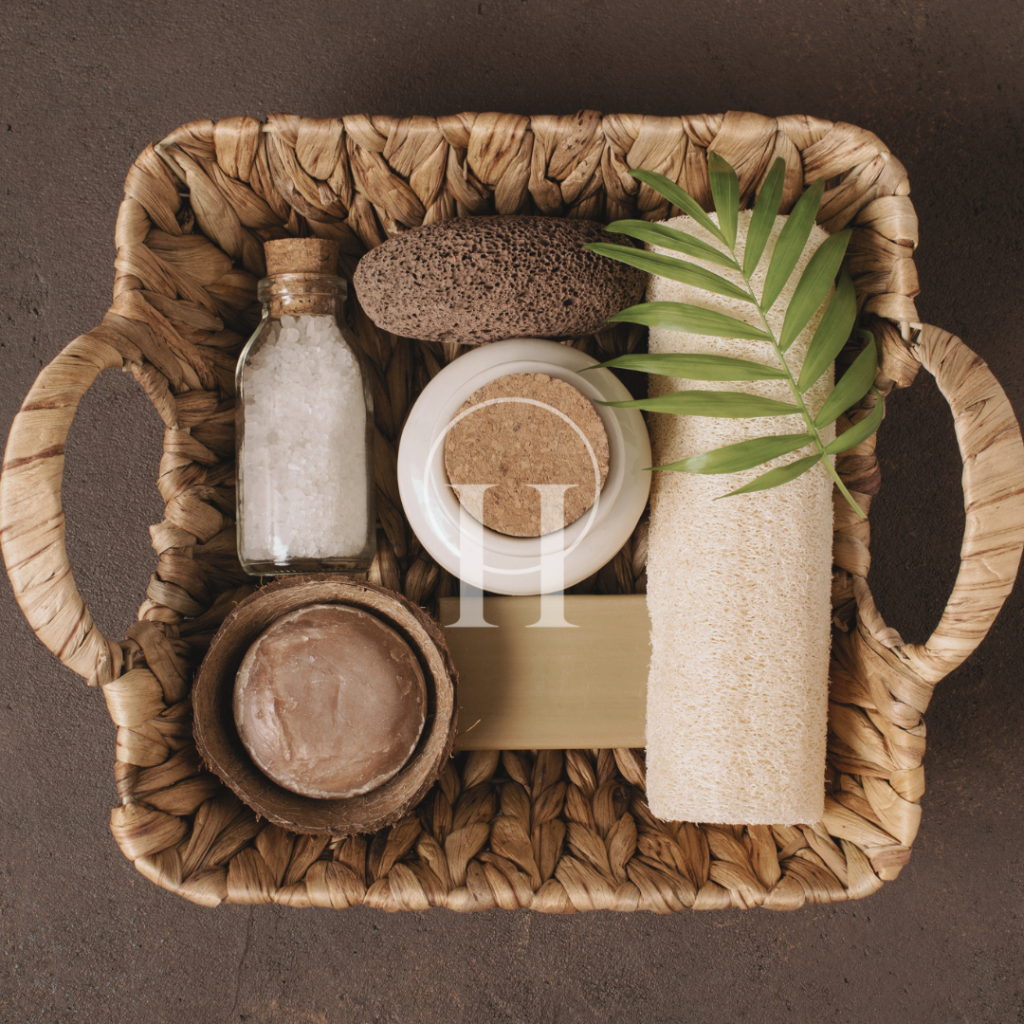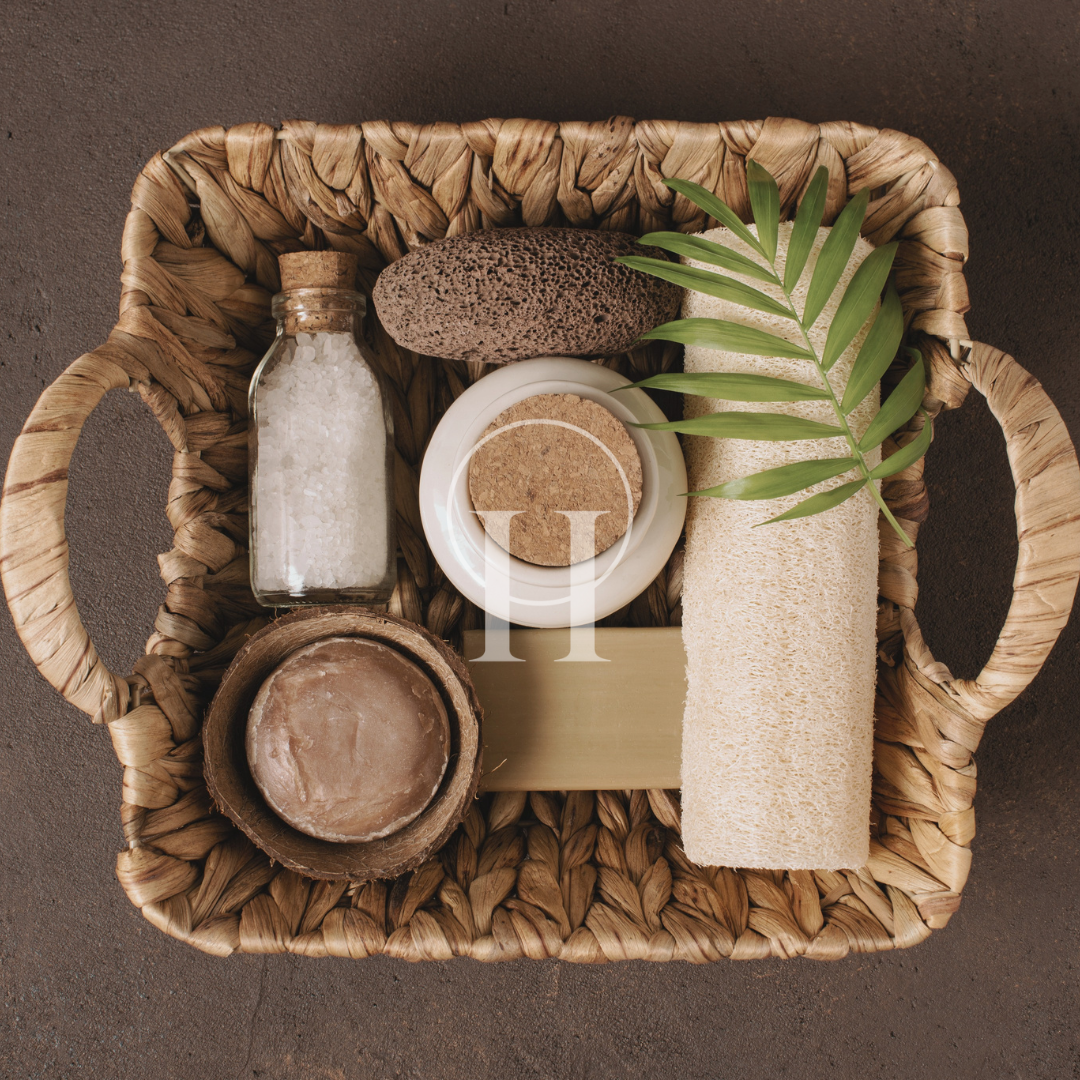
Demand for ecologically friendly and sustainable goods and services has recently increased across several industries. The cosmetics business is similar. Natural and environmentally friendly beauty is no longer a niche industry; it has become widely accepted and appears to be here to stay.
There is a drawback to this, though, and it is referred to as greenwashing..
This phrase refers to situations where a business or brand makes unsupported and often untrue environmental claims about itself. In order to appeal to the expanding market of environmentally conscious and sustainable consumers, they leverage this in their marketing methods.
Is this permitted?
Unfortunately, yes. Because the beauty industry is mostly deregulated, greenwashing is permitted. Problems arise because popular terms like “natural,” “organic,” and “cruelty-free” have no official definitions. It implies that these terms are open to the brand’s or company’s interpretation and can be used in branding and marketing without the necessity for supporting documentation. Products can be sold as natural even if they only contain 1% natural components since the manufacturers are confident they won’t be held responsible for making false statements.
This is a problem since customers are effectively being misled and start to question which brands are genuine. This in turn calls into question the efforts made by some brands to be sustainable and ecologically friendly.

How do you get around it?
You must first conduct your own study on all-natural beauty products. Companies are required by law to list each and every ingredient used to manufacture a product, therefore this is where you can expose them. The list of components in clean and natural beauty products is frequently substantially shorter. Watch out for chemicals with names like “paraben” and “sulphate,” as these are frequently found in over-the-counter products that falsely claim to be natural.
Utilize directories that offer lists of brands that are ethical and/or ecologically conscious because they essentially do the legwork for you! For instance, Ethical Elephant is a terrific starting point and a resource that includes a ton of cruelty-free and environmentally responsible companies. Consumers can navigate the hundreds of greenwashing businesses out there much more easily with the help of resources like these.
Watch out for certifications at all times. Knowing what to look for will help you identify which brands are genuine. These are merely a few instances; websites like Ethical Elephant also provide advice on which certifications to look out for and provide examples of fake ones that corporations have been utilizing.
And finally, look for proof! It would be wise to visit their website and check for proof of their assertions. If they are working hard on sustainability, they will be proud to show it off. If it’s absent, this can be a hint that they are greenwashing and a warning to stay away until they can present the proof.

